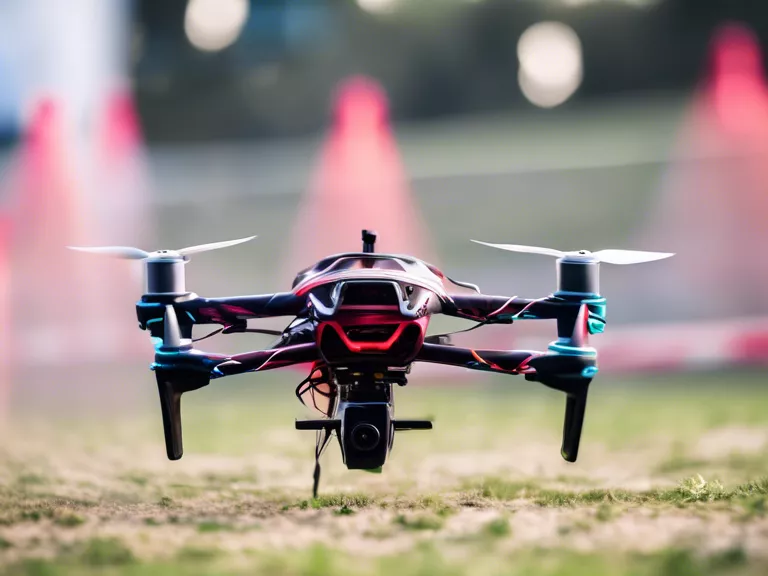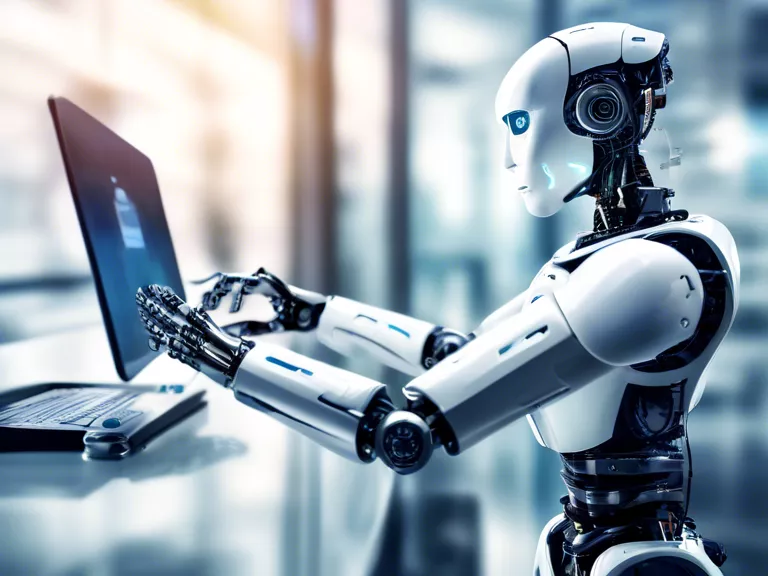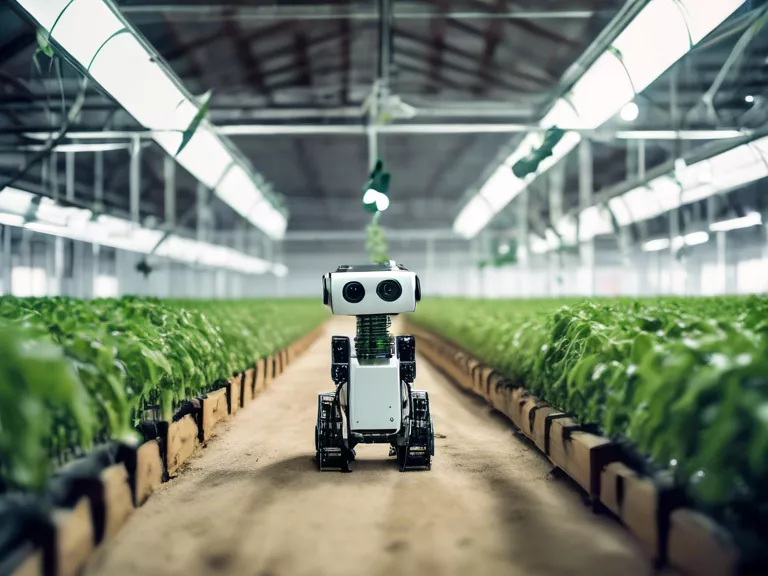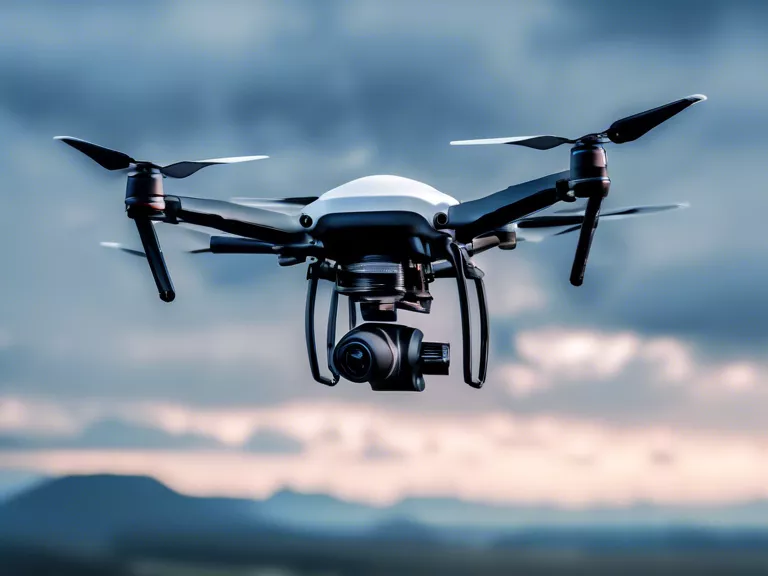
Drone racing has rapidly emerged as a popular sport, combining the thrill of speed with the precision of piloting drones through obstacle courses. As technology continues to advance, the future of drone racing looks to incorporate artificial intelligence (AI) driven insights to enhance the skill level of competitors and provide an even more exhilarating experience for spectators.
One of the key areas where AI can make a significant impact in drone racing is through data analysis. By collecting and analyzing data from various sensors on the drone, AI algorithms can provide insights into the pilot's performance, highlighting areas for improvement and helping them refine their skills. This data-driven approach can help pilots optimize their racing strategies and ultimately become more competitive in the sport.
AI can also be used to enhance the spectator experience by providing real-time insights and analysis during races. By tracking the movements of each drone on the course, AI algorithms can generate detailed heatmaps showing how each pilot navigates through obstacles and executes maneuvers. This data can be used to create engaging visualizations that enhance the viewing experience for fans and help them better understand the intricacies of drone racing.
In addition to data analysis, AI can also play a role in autonomous drone racing. By developing AI-powered drones capable of making split-second decisions and navigating complex courses on their own, competitions could potentially reach new heights of speed and agility. Autonomous drone racing could introduce a new dimension to the sport, showcasing the capabilities of AI and pushing the boundaries of what is possible in drone racing.
Overall, the future of drone racing looks bright with the integration of AI-driven insights. By combining speed, skill, and advanced technology, drone racing is set to become even more thrilling and competitive in the years to come.



